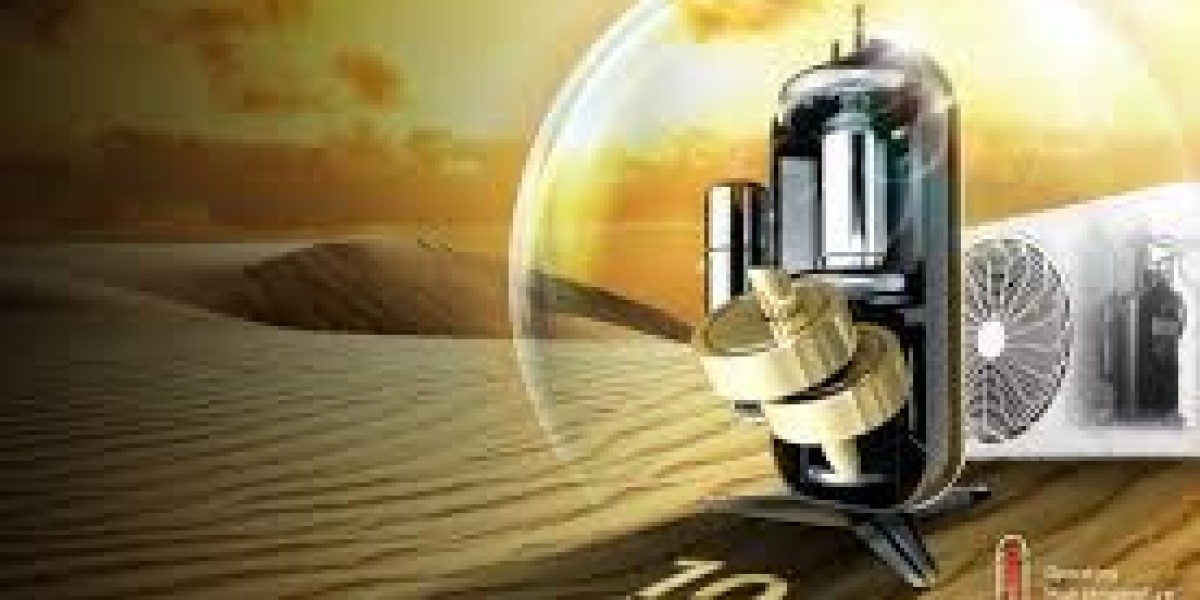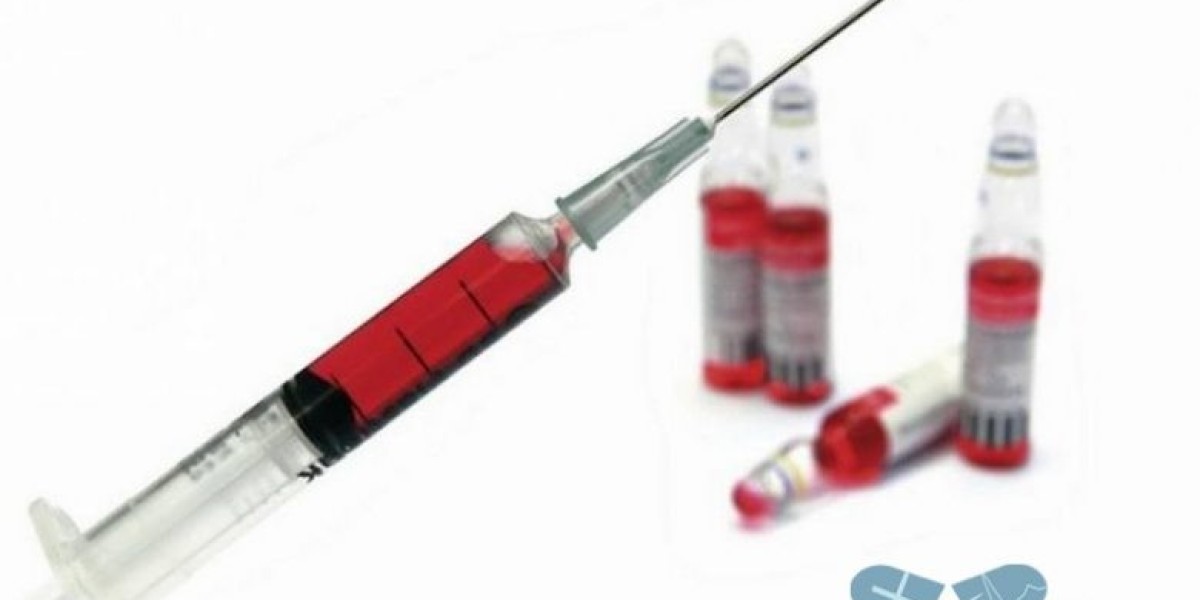Pakistan’s summer climate demands powerful and energy-efficient AC solutions for homes and offices. With power costs rising, an energy-efficient air conditioner is now more of a necessity than a luxury. Extreme temperatures make cooling a serious challenge across cities like Karachi, Lahore, Multan, and Islamabad.
Choosing the right AC can reduce your electricity bill and maintain long-lasting, powerful cooling all season.
Understanding Energy Efficiency in Air Conditioners
Energy-efficient ACs consume less power while offering better cooling than older or traditional AC units. Efficiency is measured using SEER (Seasonal Energy Efficiency Ratio) and EER (Energy Efficiency Ratio) ratings. The higher the SEER or EER, the more energy efficient the AC is in long-term use.
These units are built with inverter technology that adjusts compressor speed based on the room temperature. This feature prevents frequent start-stops, saving electricity while offering consistent cooling throughout the day.
Energy efficient ACs also include eco-modes, smart sensors, and efficient refrigerants like R-32 and R-410A.
Key Features to Look for in Hot Climate ACs
When choosing an AC for hot weather, cooling power and heat endurance matter most. Look for models that work efficiently even at temperatures above 45°C for Pakistan’s climate. Smart sensors help detect room temperature and adjust cooling automatically, saving more energy.
Turbo cooling or Powerful Mode options help cool down rooms quickly during heatwaves.
ACs with R-32 refrigerants are more eco-friendly and efficient in hot weather cooling performance. Also, consider anti-corrosion coating on outdoor units to resist Pakistan’s dusty and humid environments.
Top 5 Energy Efficient AC Brands in Pakistan
Gree Inverter Series
Features: G10 inverter, turbo cooling, eco mode, smart energy adjustment
Benefits: Strong cooling, low energy use, suitable for extreme weather
Pros: Widely available, durable, high resale value
Cons: Premium pricing
Dawlance Powercon Inverter
Features: 100% copper pipe, self-cleaning, R410A gas, low voltage start
Benefits: Good for load shedding areas, energy saving in tough heat
Pros: Affordable service, reliable support
Cons: Slightly noisy in turbo mode
Haier Thunder Inverter Series
Features: Hyper PCB, one-touch cleaning, 66% energy saving
Benefits: Cools well under 52°C, suitable for harsh summers
Pros: Strong performance, durable
Cons: Less smart app support
Hisense SilentCool Series
Features: Silent mode, inverter compressor, eco-friendly gas
Benefits: Quiet operation, good cooling in small rooms
Pros: Budget-friendly, elegant design
- Cons: Limited availability in smaller cities
Orient Ultron Plus Series
Features: Japanese PCB, gold fin evaporator, low voltage startup
Benefits: Strong airflow, heat resistance, smooth performance
Pros: Value for money
Cons: Limited advanced features
Budget-Friendly Yet Efficient AC Options
Not everyone can afford premium models, but energy efficiency is still possible on a tight budget. Dawlance, Hisense, and Orient offer several models under PKR 100,000 with great energy-saving features.
Focus on 1-ton or 1.5-ton inverters for small to medium rooms. They offer decent SEER ratings, low voltage startup, and strong cooling for personal use. While high-end models provide more features, budget units still save significant electricity if maintained properly.
AC Maintenance Tips to Ensure Energy Efficiency
Regular maintenance ensures your energy-efficient AC runs smoothly and saves more power.
Clean filters every 2–3 weeks to avoid airflow blockage and cooling strain on the compressor. Service indoor and outdoor units every 6 months to remove dirt and gas blockages.
Use smart thermostats or set timers to avoid running the AC when not needed. Keep windows and doors closed while using the AC to retain cool air and reduce electricity usage. Avoid placing heat-generating electronics near the indoor unit to reduce workload.
Government Energy Guidelines and Local Support
Pakistan’s Energy Efficiency Label helps identify high-efficiency ACs with energy-saving star ratings. Look for appliances certified by NEECA (National Energy Efficiency & Conservation Authority).
NEPRA also promotes energy-efficient practices and product guidelines to reduce national power load. While direct subsidies are limited, utility companies may offer promotions for efficient appliances.
User Reviews and Local Feedback
Pakistani users prefer Gree and Haier for large homes due to strong cooling and brand trust. In Karachi and Lahore, people also favor Dawlance for its load-shedding resilience and local service.
Multan users report Hisense SilentCool as ideal for bedrooms due to its quiet operation. Orient Ultron Plus receives praise for cooling speed and performance in mid-sized homes. Customer feedback highlights the importance of post-sale service and spare part availability in Pakistan.
Conclusion
In Pakistan’s rising temperatures, selecting an energy-efficient AC is essential for comfort and savings. Brands like Gree, Dawlance, and Haier offer solutions built for heat resistance and energy performance.
With regular maintenance, proper installation, and smart usage, you can reduce power bills significantly. Make sure to compare features, size, and user reviews before finalizing your AC unit for 2025.
Investing in energy efficiency pays off through long-term savings and peace of mind.
Frequently Asked Questions (FAQs)
1. Which AC works best in 45°C heat?
Gree and Haier Thunder Inverter Series perform well above 45°C and maintain strong cooling.
2. How much can I save with an energy-efficient AC?
You can save up to 30–50% on your monthly electricity bill with inverter ACs.
3. Is inverter AC suitable for Pakistan’s power issues?
Yes, most inverter ACs now support low voltage operation and smart usage during load shedding.
4. How to check if an AC is energy efficient?
Look for SEER/EER ratings, inverter technology, and Energy Star labels on the packaging.
5. What size AC should I use for a 200 sq ft room?
A 1-ton inverter AC is best suited for rooms up to 200 square feet.







